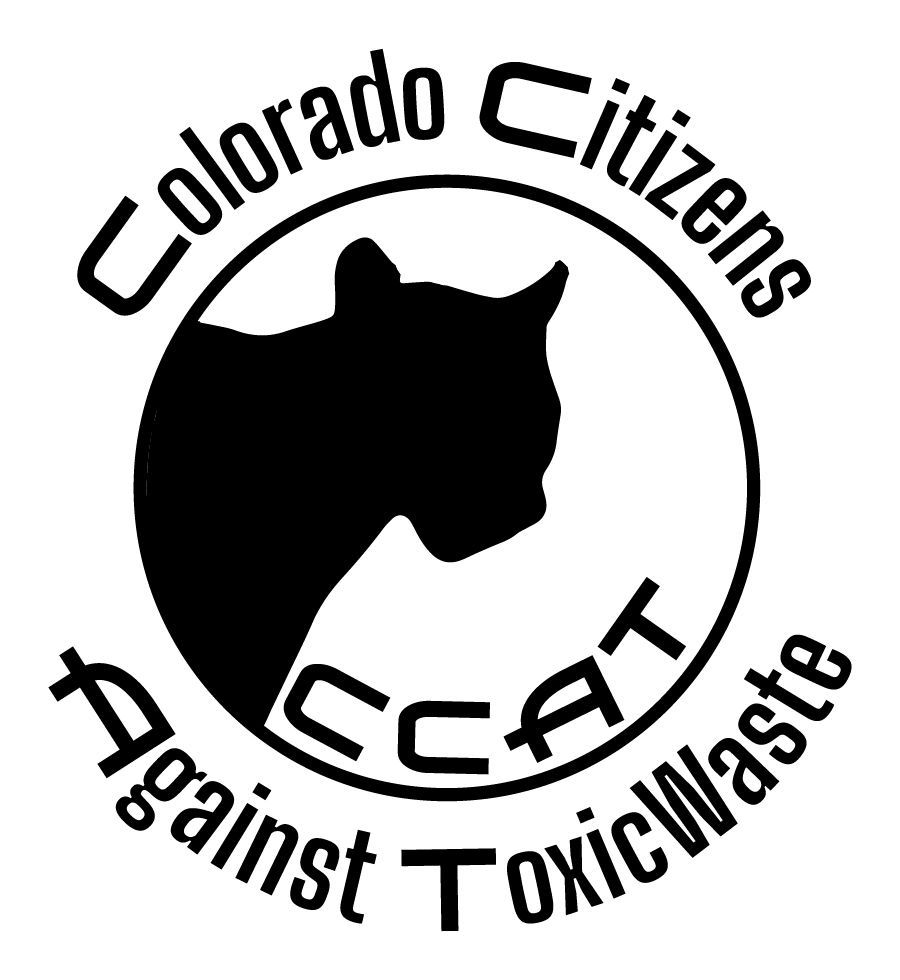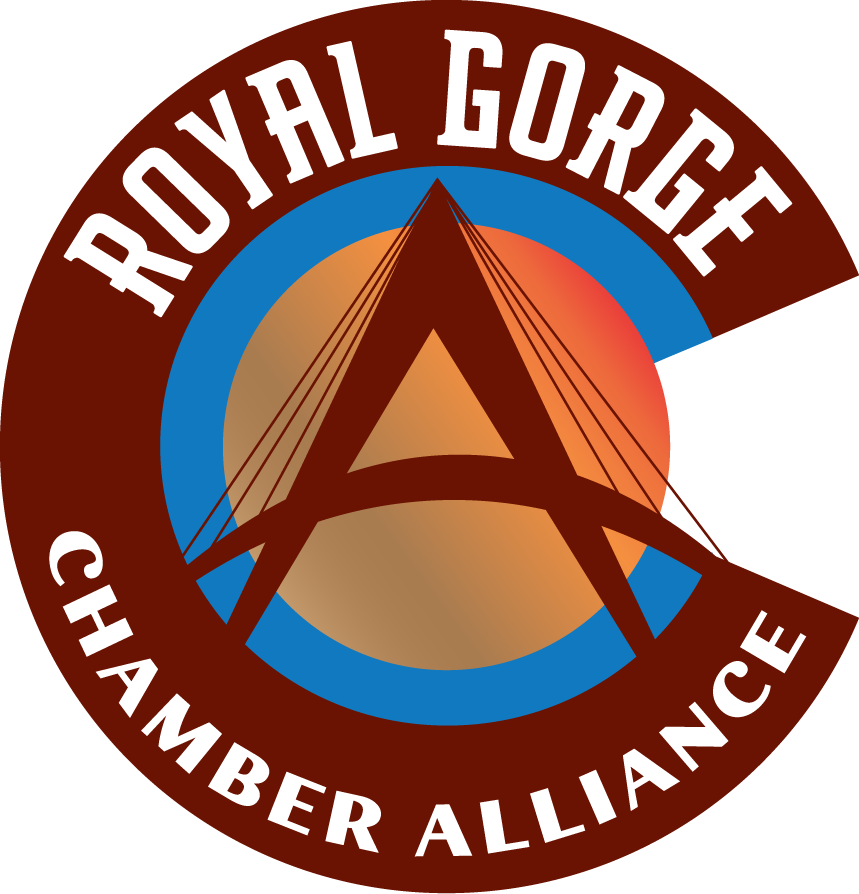Uniting for a Cleaner, Safer Future
Winner 2002 scripps howard environmental reporting
Edward j. meeman award

Decision Time
For the Cotter Corporation, the issue is survival in what is probably the most economically challenging uranium market since the atom was cracked in the 1940s.
Part of a deadly past
CAÑON CITY - When the United States dropped the two atomic bombs on Japan in August 1945, the 20th century's most closely guarded secret was out.
Procedures facing the Cotter Corp.
The Cotter Corporation currently has three approval processes underway with the Colorado Department of Health and Environment.
Superfund sites
It started with outcry about Love Canal, a 15-acre chemical landfill in Niagara Falls, N.Y., that came to public attention in 1978, and the Valley of the Drums in Brooks, Ky., where the Environmental Protection Agency in 1979 began investigating the contamination of 23 acres by the dumping of 1,500 drums of chemical waste that had begun to leak.
COTTER AT THE CROSSROADS
A community grapples with a uranium mill's past, present and future
Editor's note:
If the Cotter Corp. has its way, its property near Cañon City will become home to nearly 10 million pounds of radioactive soil from a New Jersey Superfund site.It may not get its way. The Legislature, at Gov. Bill Owens’ urging, put the brakes on Cotter ’s plans in April, enacting a law requiring public hearings and detailed environmental and public health reports before the Colorado Department of Public Health and Environment will consider allowing up to 470,000 tons of radioactive waste to be stored at the Cotter site.
It’s an issue critical in the short term for Cañon City and the many communities along the busy freeways and highways that waste shipments would travel. And it’s an issue critical in the long term as a measure of the state health department’s ability to protect and ensure the health and welfare of residents in all of Colorado’s communities.
These stories explore the galaxy of issues — scientific, environmental, health, economic and historic — swirling around Cotter ’s plan and assay the gauntlet of regulations that are supposed to protect Coloradans and their communities.

A glossary of terms
The nuclear industry uses a language all its own. Some of it will be familiar from high school chemistry classes, but other acronyms and definitions are like a foreign language to people who do not work in the industry. Here are some of the terms and phrases that readers might find in this series of stories.
The Cotter Timeline
What's in there?
Following are toxicological profiles written for substances known to be either at the Cotter Corp. site or at the Maywood Interim Storage Site in New Jersey include:
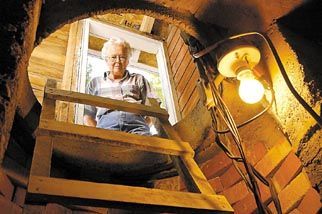
Digging Dirt
CAÑON CITY - To a pair of 29-year-old parents with three small children, Cañon City in 1958 seemed like a dream.
The picturesque little city on the banks of the Arkansas River had it all: great weather; great soil for farming, gardening and raising a few animals; a great 4-H program for the kids.
And a great job on the ground floor of a burgeoning industry.
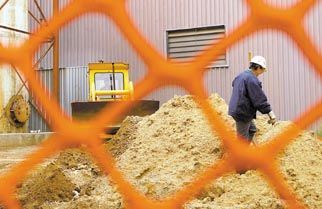
Cotter: Waste not
CAÑON CITY -- Prior to 2001, the Cotter Corp.'s logo was a golden nucleus surrounded by the circular paths of orbiting electrons, a reflection of the company's long history of milling uranium at a sprawling complex just south of Cañon City.
New revenue opportunities lie in zirconium
CAÑON CITY -- For a $50 million facility tooled almost exclusively to process uranium from natural ore, a market severely limited for nearly two decades has provided meager business opportunities.
Hot items, hard times
CAÑON CITY - Its mill has fallen on hard times and management is forced to lay off most of its workforce. The uranium market is severely depressed and Cotter Corp. is looking for something to keep the facility operating.
Uranium market on downhill
CAÑON CITY -- When the U.S. Atomic Energy Commission licensed the Cotter Corp. mill to begin processing south of Cañon City in 1958, the federal government agreed to pay the company $8 per pound for processed uranium oxide, or yellowcake, the raw material used to make enriched fuel for nuclear weapons and reactors.
"Alternative feed" disposal doesn't seem so difficult
CAÑON CITY -- As the Cotter Corp. awaits a Colorado Department of Health and Environment decision on a 470,000-ton shipment of radioactive New Jersey soil -- and perhaps the company's very future - discussion about "alternate feed material" is sure to be part of the rhetoric.
Faces of pain
Though scientists have an idea of what causes certain types of cancer or other health problems, when individuals become ill their doctors cannot always point to what caused that particular event.
Questions & Answers
The words "hazardous waste" can strike fear into those who live or work near it. It's for good reason. The hundreds of materials classed as hazardous can cause health problems ranging from general aches and pains to fatal cancer cases.
History of violations
CAÑON CITY - Since a criminal investigation into allegedly falsified records was launched in 1979, the Cotter Corporation's regulatory record has been marked by a steady stream of violations that appear to have changed little in 22 years.
Did Colorado share blame?
DENVER - In late 1983, the State of Colorado sued the Cotter Corporation for $50 million, claiming the company's Cañon City uranium mill had polluted the land, air and water surrounding the mill site just south of the city.
Dodge case details health risks of toxic materials
CAÑON CITY -- While radiation releases have been targeted by many of those who have sued the Cotter Corporation over the years, some of those same people have claimed heavy metals such as molybdenum and lead have also taken their toll.
Lincoln Park Superfund to be tested for plutonium
DENVER - Colorado health officials soon will conduct their first-ever tests for plutonium in the Lincoln Park Superfund area and will test for other contaminants, the agency's director confirmed Wednesday.
Sound solution?
CAÑON CITY - Radioactive, contaminated, Superfund waste.
Such terms, all accurate, describe the 470,000 tons of waste from Maywood, N.J., that Cotter would like to bring to Canon City to use as cover material for waste impoundments at the mill south of town.
EPA questions waste disposal in tailings pond
CAÑON CITY - Although its regulatory oversight of uranium mills is limited, "serious questions" by the Environmental Protection Agency about the Cotter Corp.'s Cañon City operation could doom one of two company proposals to dispose of Superfund waste in its tailings ponds.
Specialist says safety has always been priority at Cotter
CAÑON CITY - After eight years on active duty in the Air Force and another 20 working as a civilian contractor for the military, Kerry Smith is more than familiar with the rigors of regulation and procedure.
Outreach group hopes to educate community
The choice of people to sit on the Fremont County Independent Outreach Committee rests solely with Angela Bellantoni of Environmental Alternatives Inc.
On the hot seat
DENVER - Since it began regulating the state's radioactive materials industry 34 years ago, the Colorado Department of Public Health and Environment had never suspended the Cotter Corp.'s license to process radioactive materials.
Until now.
UPDATES
Colorado rejects N.J. waste
DENVER - State health officials announced on Tuesday that they have rejected the Cotter Corporation's plan to bring 470,000 tons of radioactive waste from Maywood, N.J., to its Canon City mill, citing an inadequate environmental assessment.
Letters say school was not tested
DENVER - A recently-discovered series of letters written 10 years ago indicate state health officials failed to conduct soil tests at McKinley Elementary School in Lincoln Park in spite of private 1992 tests indicating the school playground contained unsafe levels of uranium, lead and molybdenum.
Grand Junction faced cleanup earlier
GRAND JUNCTION -- It took years, cost many millions of dollars, disrupted traffic, tore up basements and patios and required delicate political compromises.
Cause & Effect
CAÑON CITY - Leaning back in a chair in his office in a historic building on Cañon City's main thoroughfare, George Turner ponders just why it is so important for a mill that provides only a fraction of the jobs in the local labor force to stay open.
Officials are not blaming tourist slump
on proposal
With controversy surrounding the proposal to bring radioactive soil from New Jersey to be stored south of Cañon City, it might be tempting for managers of Cañon City area tourist attractions to use it as a scapegoat for this summer's visitor slowdown.
A shattered dream
CAÑON CITY - When Mike Stiehl and his wife Penny Steadman bought a house in the rural, apple-tree lined Lincoln Park neighborhood on Cañon City's south side in the July 2001, they thought they had found their own little slice of solitude to settle into.
Agents don't think Cotter has affected real estate sales
CAÑON CITY - Area real estate sales have slowed a bit this year and the time that properties are on the market is getting longer, but area real estate professionals don't believe controversy over the Cotter Corp.'s existing Superfund site cleanup or its plan to bring in contaminated soil from another Superfund site in New Jersey is responsible.
COMMENTARY
Health department has failed
to do its job
No one who has reviewed the regulations or studied the regulatory process would dare suggest that the job of overseeing a uranium mill is easy. But the Colorado Department of Public Health and Environment, which agreed to take on the task in 1968, has done such a poor job of regulating the Cotter Corporation south of Cañon City that the residents of the area have been left virtually unprotected.
Prevent Cotter from collecting nuclear castoffs
The Colorado Department of Public Health and Environment should not permit the Cotter Corporation to turn the mill site into a dump for radioactive and contaminated materials found elsewhere in Colorado or the nation.
Cotter's time has come and gone
It's time to consider decommissioning the Cotter mill south of Cañon City and moving all contaminated materials to a location that won't endanger a population center. The state Department of Public Health and Environment should begin the process with conside
Open death certificates to public inspection
If there's a situation that makes the case for why death certificates should be available to the public, it is the Superfund area that includes Lincoln Park just south of Cañon City. The public is unable to determine for itself what, if anything, has caused the deaths of present and former Lincoln Park residents because in Colorado, death certificates are considered confidential.
Three newspapers contributed to this series
The Cotter at the Crossroads series utilized staffers from three daily newspapers in the Lehman Communications group.
Involved were:
List of Services
-
Ed LehmanItem Link List Item 1
Chairman of Lehman Communications and Publisher of the Cañon City Daily Record.
-
Eric FrankowskiItem Link List Item 2
Assistant City Editor of the Longmont Daily Times-Call
-
Grant MurrayItem Link List Item 3
News Assistant for the Cañon City Daily Record
-
Lauren LehmanItem Link List Item 4
Daily Record Operations Manager and Senior Vice President.
-
Jeff HallerItem Link
Photographer for the Longmont Daily Times-Call
-
Tamara McCumberItem Link
Photographer for the Cañon City Daily Record.
-
Ken AmundsonItem Link
Daily Record Assistant to the Publisher and Project Coordinator for the series.
-
Travis PryorItem Link
Day News Editor for the Longmont Daily Times-Call
-
Terri HollowayItem Link
General Manager of the Cañon City Daily Record
-
Kim HumphreysItem Link
Consulting editor
-
Jackie HutchinsItem Link
Local News Editor of the Loveland Daily Reporter-Herald
-
Lee SpauldingItem Link
Editor of the Cañon City Daily Record
-
B.J. PlasketItem Link
Denver Bureau Reporter for Lehman Communications Corporation
-
John LemonsItem Link
Staff Writer for the Cañon City Daily Record
-
Patrick KramerItem Link
Chief Photographer for the Longmont Daily Times-Call
The Heart of Giving
Your contribution to Colorado Citizens Against Toxic Waste (CCAT) is tax deductible. It will go toward embedding a curriculum in the community as well as other projects to provide disclosure to all of us so we can decide how to live well with our toxic and radioactive neighbor.
With your support, we can educate more people about the dangers of toxic waste, facilitate critical scientific research, hold public meetings, and advocate for a healthier Fremont County.
Donation Amounts:
- $25 - provides lab supplies for testing air or water
- $50 - provides room rental for a Public hybrid (Zoom & In-person) meeting
- $100 - provides our post office box for a year
- $150 - provides one-hour independent consulting scientist fee
- $250 - provides direct mail notification to Superfund-affected citizens
- $500 - provides one public meeting
Remember, all proceeds from donations go directly to cover our expenses for legal support, independent science consultants, educational materials, programs for the public, website maintenance, and representing our community at hearings. CCAT Directors and volunteers are not paid. Your contributions are tax-deductible.
FREQUENTLY ASKED QUESTIONS
-
What makes Colorado Citizens Against Toxic Waste popular?
Colorado Citizens Against Toxic Waste has become exceptionally popular as a nonprofit organization dedicated to raising awareness about the dangers of toxic waste and advocating for responsible waste disposal practices. The organization's clear mission and purpose, rooted in its non-profit status, resonate with individuals passionate about environmental conservation. Through educational initiatives, community engagement, and impactful grassroots campaigns, Colorado Citizens Against Toxic Waste, as a non-profit organization, actively involves the community in its mission, creating a strong network of like-minded individuals. The organization's legislative impact further exemplifies the influential role that non-profit organizations can play in shaping policies for environmental well-being. By transparently communicating its achievements and collaborating with other entities, Colorado Citizens Against Toxic Waste has not only solidified its status as a reputable non-profit organization but has also emphasized the crucial role such organizations play in fostering a sustainable future.
-
Why is it important to raise awareness about toxic waste?
Raising awareness about toxic waste is crucial because improper disposal poses significant risks to the environment and public health. Many people are unaware of the hazards associated with toxic waste, and by fostering awareness, we empower individuals to make informed decisions, promote responsible waste management, and actively contribute to a safer, cleaner future.
-
How can I get involved with Colorado Citizens Against Toxic Waste?
Getting involved with us is easy! You can join our community events, participate in educational workshops, or contribute to our fundraising campaigns. Whether you're interested in volunteering your time, attending awareness drives, or supporting our initiatives financially, your involvement is crucial in the collective effort to create a cleaner, safer environment. Visit our website or contact us directly to explore the various ways you can contribute to our cause.
Leave Us Your Info
And We’ll Get Right Back to You.
Sign up to our newsletter
Thank you for contacting Colorado Citizens Against Toxic Waste.
We will get back to you as soon as possible
Oops, there was an error sending your message.
Please try again later
Nonprofit Organization
P.O. Box 964, Cañon City, CO 81215
